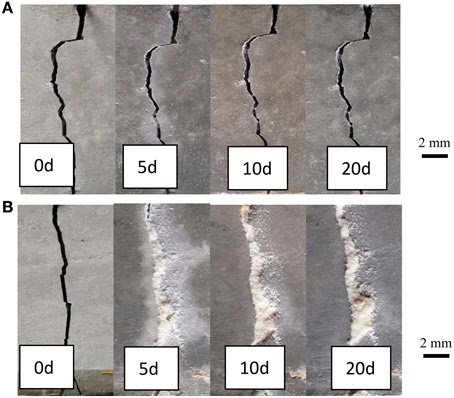
Breaking News
 Turning Point USA to Host Charlie Kirk Memorial at 63,400-Seat State Farm Stadium
Turning Point USA to Host Charlie Kirk Memorial at 63,400-Seat State Farm Stadium
 "TEST Her First!" - Do This BEFORE You Get Married | Charlie Kirk
"TEST Her First!" - Do This BEFORE You Get Married | Charlie Kirk
 AI, Inevitability, & Human Sovereignty
AI, Inevitability, & Human Sovereignty
Top Tech News
 Tesla Megapack Keynote LIVE - TESLA is Making Transformers !!
Tesla Megapack Keynote LIVE - TESLA is Making Transformers !!
 Methylene chloride (CH2Cl?) and acetone (C?H?O) create a powerful paint remover...
Methylene chloride (CH2Cl?) and acetone (C?H?O) create a powerful paint remover...
 Engineer Builds His Own X-Ray After Hospital Charges Him $69K
Engineer Builds His Own X-Ray After Hospital Charges Him $69K
 Researchers create 2D nanomaterials with up to nine metals for extreme conditions
Researchers create 2D nanomaterials with up to nine metals for extreme conditions
 The Evolution of Electric Motors: From Bulky to Lightweight, Efficient Powerhouses
The Evolution of Electric Motors: From Bulky to Lightweight, Efficient Powerhouses
 3D-Printing 'Glue Gun' Can Repair Bone Fractures During Surgery Filling-in the Gaps Around..
3D-Printing 'Glue Gun' Can Repair Bone Fractures During Surgery Filling-in the Gaps Around..
 Kevlar-like EV battery material dissolves after use to recycle itself
Kevlar-like EV battery material dissolves after use to recycle itself
 Laser connects plane and satellite in breakthrough air-to-space link
Laser connects plane and satellite in breakthrough air-to-space link
 Lucid Motors' World-Leading Electric Powertrain Breakdown with Emad Dlala and Eric Bach
Lucid Motors' World-Leading Electric Powertrain Breakdown with Emad Dlala and Eric Bach
 Murder, UFOs & Antigravity Tech -- What's Really Happening at Huntsville, Alabama's Space Po
Murder, UFOs & Antigravity Tech -- What's Really Happening at Huntsville, Alabama's Space Po
This Self-Healing Cement Automatically Fills Any Cracks That Form, To Save Energy and Money

Well, thanks to some very clever folks in England, concrete could be made self-regenerating by the addition of a simple enzyme found in our blood—repairing cracks in the sidewalk, roads, or buildings—saving tons of CO2, as well as millions in dollars, labor hours, and traffic slowdowns.
Recent estimates put the global concrete supply chain at 8% of the world's greenhouse gas emissions, more than three-times that generated from the airline industry. One of the most prevalent human materials also requires the largest supporting infrastructure, from mining, to mixing, to moving, to laying and repairing, it's a massive effort.
Worcester Polytechnic Institute led a project into looking at concrete that repairs itself, which has been hypothesized as possible since the mid-'90s, and which was recently confirmed as possible with bacteria in 2015.

 My Response To The Left…
My Response To The Left… 

